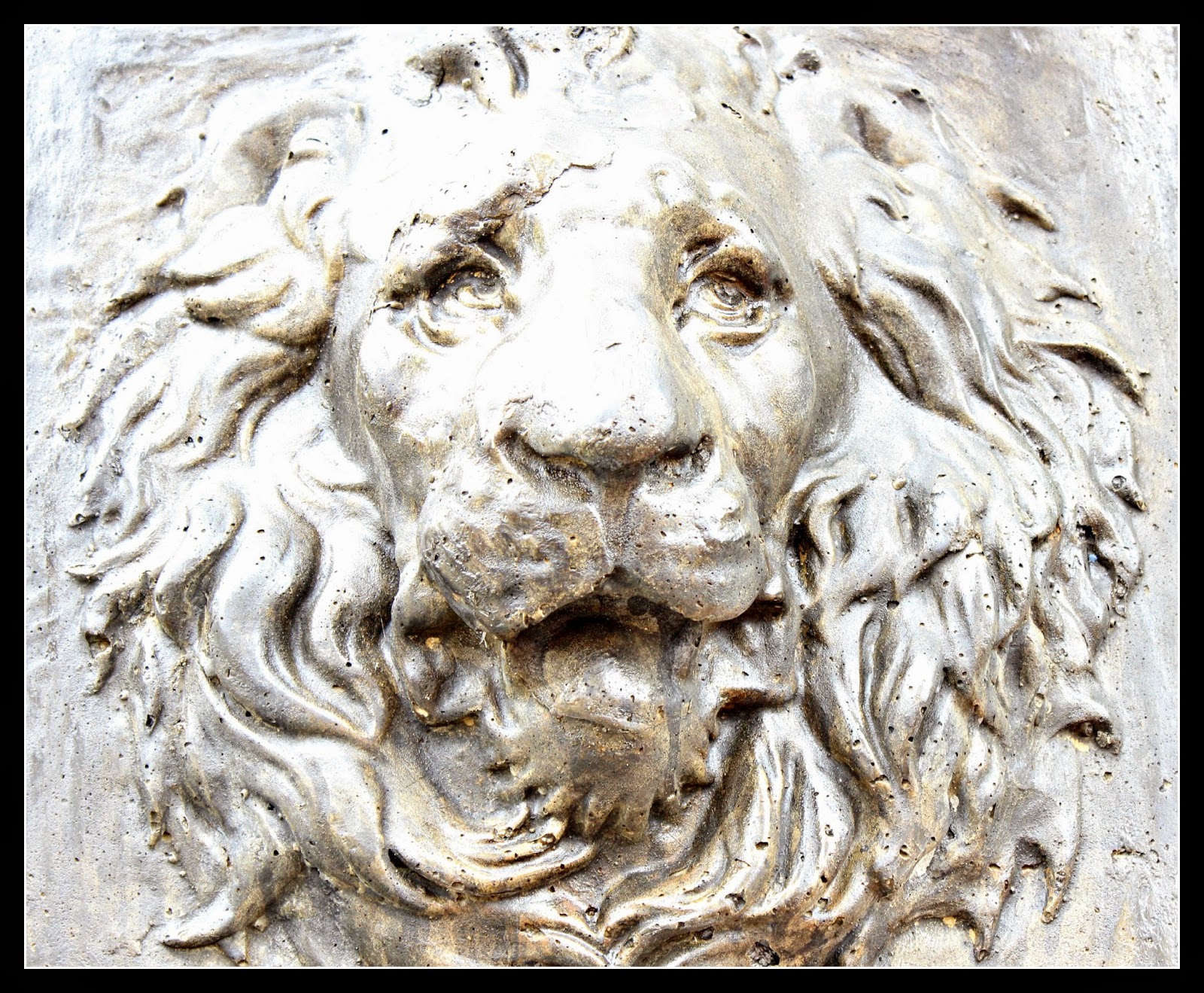Ethics may be more important today than it was in the past
as international business brings new influences. But despite its importance, it doesn’t mean standing up for ethics is
likely in cases where unethical practices are regular occurrences. Research
by Denise Baden (2014) helps define how positive and negative role models mixed
with self-efficacy and descriptive norms help business members make ethical
choices. The study encourages us to think about how our environment and self-beliefs
impact our core decisions.
Standing against unethical behavior is never easy as one
must sometimes move against their social, political, and business networks. Even
good people are paralyzed with fear of reprisals and retaliation. To most it is
better to be silent and see no evil, hear no evil and speak no evil when it
comes to corporate unethical practices.
Positive role models give an alternative to unethical behavior
and provides a stronger context for another’s actions. Businesses that have
positive ethical role models within their ranks can expect higher levels of
ethical behavior from employees. Negative role models do the exact opposite and
set an expectation that making money at all costs is important for success in
life.
Most behaviors are socially based and unethical workplaces
prompt individuals into an “everyone is doing it” vantage point. Enron being an
important reminder that only one person blew the whistle while many others
tried to cover tracks. Self-efficacy is the ability of a person to withstand
their social environment and make decisions based upon their core value systems
even when it is necessary to go against a more powerful group.
Another important mediator of successful ethical exchange is
descriptive norms or beliefs. This varies from normative beliefs which help a
person define how someone should act. Descriptive ethics is very basic and
often rooted in the subconscious where personal values are deeply held and
embedded. Because descriptive ethics touches the soul it is more powerful than
any other ethical system based on social perception.
Standing for ethics comes with personal costs. One can
expect to be targeted, scrutinized, damaged, and sometimes rejected. In extreme
cases where criminality is uncovered, their very life can be threatened. To
expect people to stand up for their values in a toxic environment is nearly
impossible without support.
Negative role models damaged self-efficacy creating a
situation whereby people do not feel empowered to act. Positive role models did
the opposite and raised self-efficacy. To stand against unethical behavior when
negative role models are present requires higher self-efficacy and a tapping of descriptive value systems. Negative role models increase cynicism and
force behavioral controls with beliefs that business cannot be ethical so
therefore no one should even try.
Baden, D. (2014). Look on the bright side: a comparison of
positive and negative role models in business ethics education. Academy of Management Learning & Education,
13 (2).

No comments:
Post a Comment